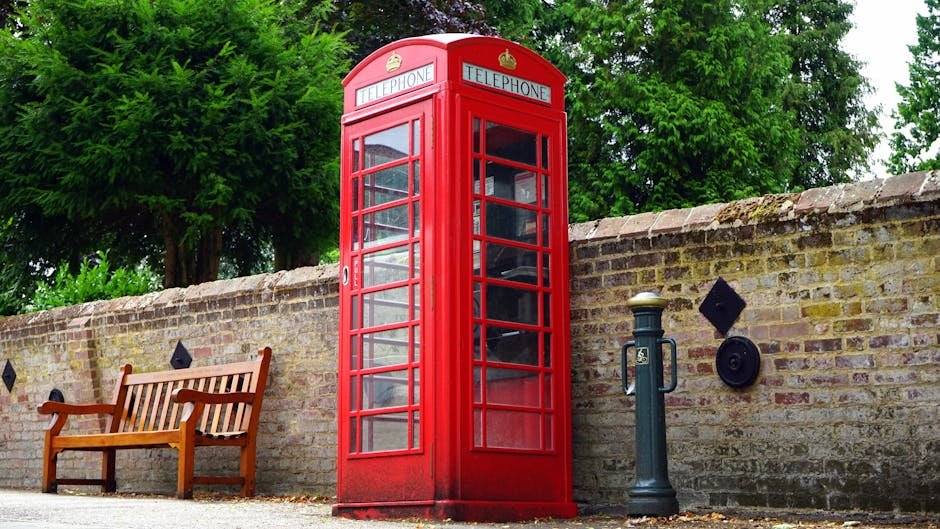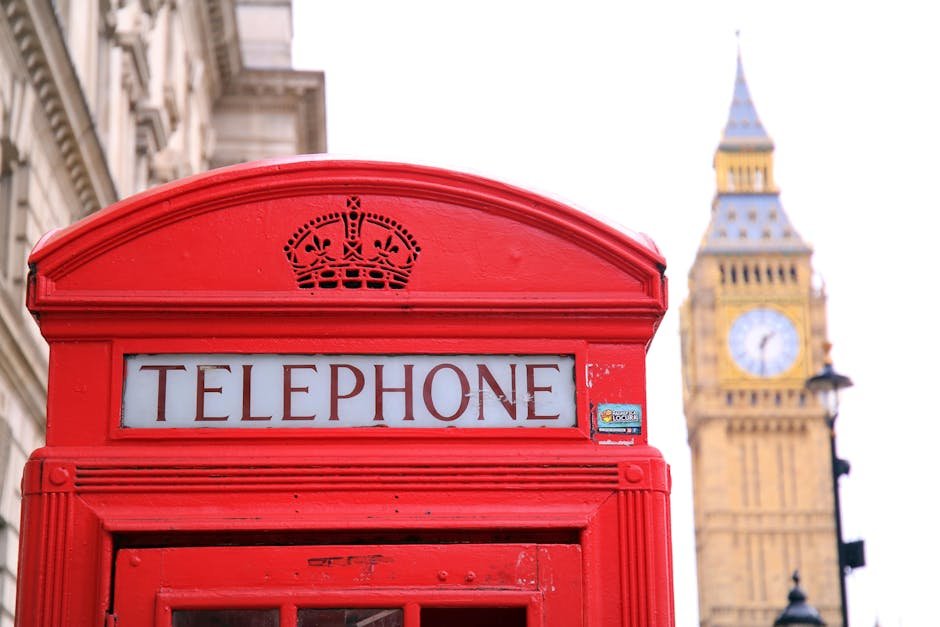Key Takeaways
- The term “British” refers to all people or things associated with the United Kingdom, encompassing multiple countries.
- “English” specifically relates to people, culture, and language originating from England alone.
- British identity integrates diverse national identities including English, Scottish, Welsh, and Northern Irish.
- English identity is more narrowly focused on the cultural, historical, and linguistic traits unique to England.
- Understanding the distinction helps clarify geopolitical and cultural conversations within the UK and abroad.
What is British?

Table of Contents
The term “British” describes anything related to the United Kingdom of Great Britain and Northern Ireland as a whole. It collectively represents the political, cultural, and social elements spanning England, Scotland, Wales, and Northern Ireland.
Political and Geographical Scope
British identity is tied to the United Kingdom’s political structure, which unites four nations under one sovereign government. This union creates a shared citizenship status, where people from all constituent countries are recognized as British.
The geographical scope of Britain includes the island of Great Britain and Northern Ireland, differentiating it from the term “England” which refers to just one part of this area. This expansive reach influences various aspects of governance, law, and international representation.
For example, British passports are issued to citizens of all four nations, reflecting their collective nationality. This shared documentation symbolizes the legal and political unity within the UK.
Cultural Diversity Within British Identity
British culture is an amalgamation of traditions and customs from England, Scotland, Wales, and Northern Ireland. This diversity is evident in the wide range of languages, festivals, and historical narratives present within the UK.
While English is the most widely spoken language, Welsh and Scottish Gaelic also hold official status in their respective regions. This linguistic variety enriches British cultural expression and regional identity.
British cuisine, music, and literature often draw inspiration from the distinct heritages of the four nations. For example, the celebration of Burns Night honors Scottish poet Robert Burns, showcasing how British culture accommodates regional uniqueness.
International Representation and Identity
In global contexts, British identity is often the official marker used in diplomacy, sports, and international organizations. The Olympic team, for instance, competes as “Great Britain,” encompassing athletes from all constituent countries.
The term “British” also appears in international treaties and alliances, underscoring the political unity of the UK on the world stage. This collective identity contrasts with the more localized identities that exist within the UK.
Despite this, individuals may identify as British in legal terms while also maintaining strong personal ties to their specific nation, such as Scottish or Welsh. This dual sense of identity is a common feature of British citizenship.
Historical Development of Britishness
The concept of Britishness evolved significantly following the 1707 Acts of Union, which united England and Scotland into one kingdom. This political merger laid the foundation for a broader British identity beyond Englishness.
Subsequent unions with Wales and Northern Ireland expanded the notion of Britishness further. Over time, British identity has adapted to accommodate shifts in political power, devolution, and national movements within the UK.
This historical layering means Britishness is often viewed as a shared political identity rather than a single ethnic or cultural designation. It reflects the complex relationships among the UK’s constituent nations.
What is English?

“English” refers specifically to anything connected to England, including its people, culture, and language. It is a narrower identity rooted in one of the four countries forming the United Kingdom.
Geographical and National Boundaries
England occupies the largest portion of Great Britain and is the most populous constituent country in the UK. It shares borders with Scotland to the north and Wales to the west but is distinct in its governance and cultural heritage.
Unlike British identity, which encompasses multiple nations, English identity is confined to this specific geographical and political region. This distinction often influences how individuals self-identify within the UK.
England’s administrative systems, such as its legal and educational structures, are unique and separate from those of Scotland, Wales, or Northern Ireland. This further reinforces a distinct English identity.
Language and Cultural Heritage
The English language, originating in England, is a defining feature of English identity and is the predominant language spoken across the UK and beyond. It carries centuries of literary and historical significance tied directly to England.
English cultural heritage includes iconic institutions such as the monarchy, Shakespearean literature, and historic landmarks like the Tower of London. These elements form a core part of England’s national narrative.
Traditional English customs, such as afternoon tea and May Day celebrations, highlight the cultural uniqueness of England within the broader UK. These traditions contribute to a sense of continuity and local pride among English people.
Identity and Social Perception
English identity is often understood through a combination of ethnic, linguistic, and cultural markers specific to England. People identifying as English may emphasize shared ancestry, regional dialects, or historic ties to English institutions.
Within the UK, Englishness can sometimes be conflated with Britishness, but many English people maintain a clear distinction between the two. This differentiation can be important in discussions of politics, sports, and social identity.
At times, English identity has been politicized, particularly in debates around devolution and national autonomy. These dynamics reflect ongoing negotiations over the meaning and expression of Englishness.
Historical Roots of English Identity
English identity traces back to early medieval times with the establishment of the Kingdom of England. This long history shapes many of the symbols, myths, and traditions associated with England today.
The Norman Conquest, the Magna Carta, and the English Reformation are key historical events that have contributed to the distinctiveness of English identity. These milestones are frequently referenced in cultural and political discourse about England.
The persistence of an English national identity alongside Britishness illustrates the layered nature of identity within the UK. It demonstrates how history continues to inform contemporary understandings of nationhood.
Comparison Table
This table highlights key distinctions between British and English identities across various dimensions:
| Parameter of Comparison | British | English |
|---|---|---|
| Constituent Nations | Includes England, Scotland, Wales, Northern Ireland | Only England |
| Legal Citizenship | Citizenship of the United Kingdom | No separate citizenship; English as a cultural identity |
| Language Recognition | Multiple official languages (English, Welsh, Scottish Gaelic) | Primarily English language |
| International Sports Representation | Competes as Great Britain (e.g., Olympics) | Competes as England in football and cricket |
| Political Governance | UK Parliament governs overarching laws | English laws governed largely by UK Parliament, no devolved English parliament |
| Cultural Symbols | Union Jack flag, British monarchy | St George’s Cross flag, English monarchy heritage |
| Identity Expression | Political and civic identity encompassing multiple groups | Ethnic and cultural identity specific to England |
| Historical Formation | Formed through unions of separate kingdoms | Originates from the Kingdom of England established in early medieval period |
| Official Documents | British passports and legal documents | No English passports; identified within British documents |
| Devolved Governments | Exists in Scotland, Wales, Northern Ireland | No separate devol |